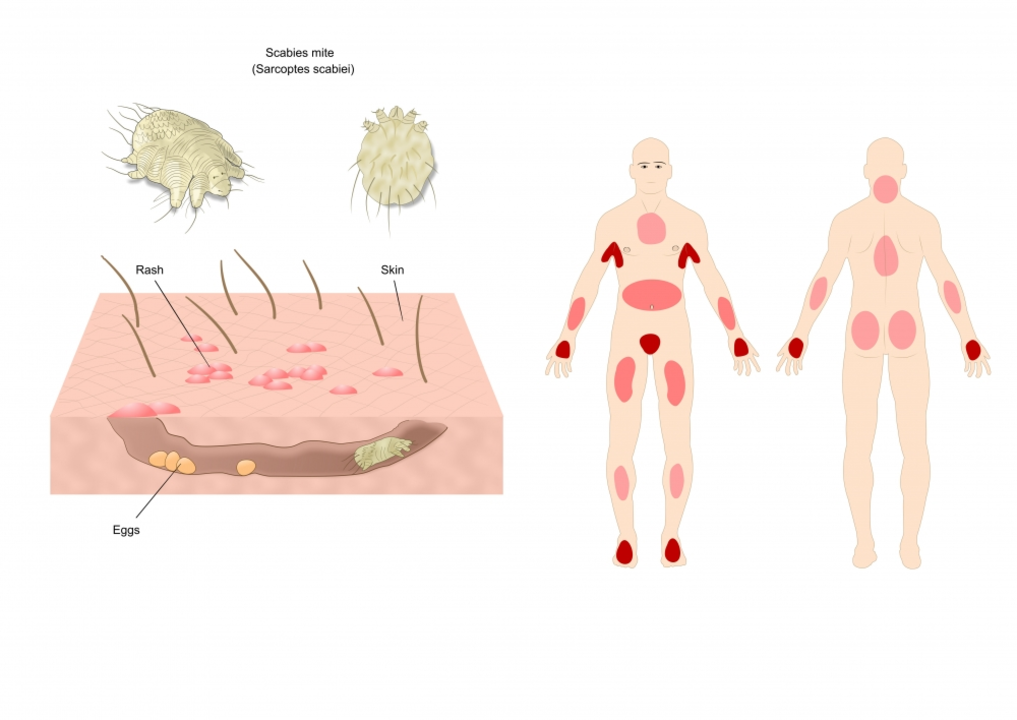Prevent: Easy Ways to Stay Healthy and Avoid Common Risks
Want to prevent illness without complicated rules? Small daily choices cut big risks. This page gathers practical prevention tips that fit real life, links to deeper guides, and clear steps you can use today.
Start with vaccines and routine care. Vaccines remain the fastest way to prevent specific infections like the flu. If you want alternatives to antiviral drugs, check our guide on preventing flu without Tamiflu for vaccine updates, nasal spray options, and antibody tools. Also keep up with screenings and regular checkups. Early detection stops problems before they grow.
Improve sleep and stress habits to boost resilience. Sleep directly affects immunity and mood. Our melatonin article explains how better sleep can lower stress and strengthen recovery. Simple changes—consistent bedtime, dim lights before bed, and short phones-off routines—help more than you expect.
Food, supplements, and small daily habits
What you eat matters. Certain foods support mood, heart health, and immunity. Read our nutrition piece on depression and the perilla supplement article for foods that add omega-3s and antioxidants. Supplements can help but don’t replace balanced meals. Ask a clinician before starting anything new.
Protect against bleeding and emergency risks. For childbirth safety, tranexamic acid reduces severe postpartum blood loss when used by medical teams. That’s a clinical solution, not a home remedy—talk to your doctor or midwife if you have risk factors.
Smart choices for medicines and skin care
Know alternatives and interactions. If a drug like ciprofloxacin or esomeprazole no longer fits, learn replacement options and what to ask your doctor. We cover drug interactions like those with alendronate so you can avoid avoidable harm. For minor issues, natural options such as essential oils may help chapped skin, but test a small area first to prevent irritation.
Use common-sense prevention every day. Wash hands when you return home, cook food to safe temperatures, and stay physically active. If you have chronic conditions, keep medications on schedule and share changes with your healthcare team. Simple consistency beats occasional intense efforts.
Want more? This tag collects guides, reviews, and how-tos focused on preventing harm and choosing safer options. Browse the linked articles for step-by-step advice, whether you need vaccine info, safer online pharmacy tips, sleep help, or supplement guidance. Prevention mostly means small, steady steps. Start with one today.
Quick action plan: Schedule annual checkups and vaccines. Sleep seven to nine hours most nights and reduce screens before bed. Choose whole foods; aim for vegetables, lean proteins, and healthy fats. Buy medicines only from verified pharmacies and keep a current drug list to show your doctor. Learn warning signs for emergencies — heavy bleeding, severe chest pain, sudden shortness of breath — and call emergency services if they happen. These five steps cover most preventable issues and make medical care simpler when you need it.
If you’re unsure about any step, ask your regular clinician or pharmacist. Keep a simple notebook or phone note with allergies, medications, and chronic conditions. Small records save time and reduce errors in an emergency or clinic visit. Act now.

How to prevent the spread of Sarcoptes scabiei in your home
Keeping our homes free from Sarcoptes scabiei is crucial to avoid the spread of scabies. To prevent this, we need to maintain good hygiene by washing bedding, clothes, and towels frequently in hot water. Vacuuming our home regularly, especially carpets and upholstery, helps eliminate any lingering mites. Additionally, we should avoid sharing personal items, such as clothing and bedding, with individuals who are infected. Lastly, educating ourselves and our family about the symptoms and risks of scabies can help us stay aware and proactive in preventing the spread of this contagious skin condition.
